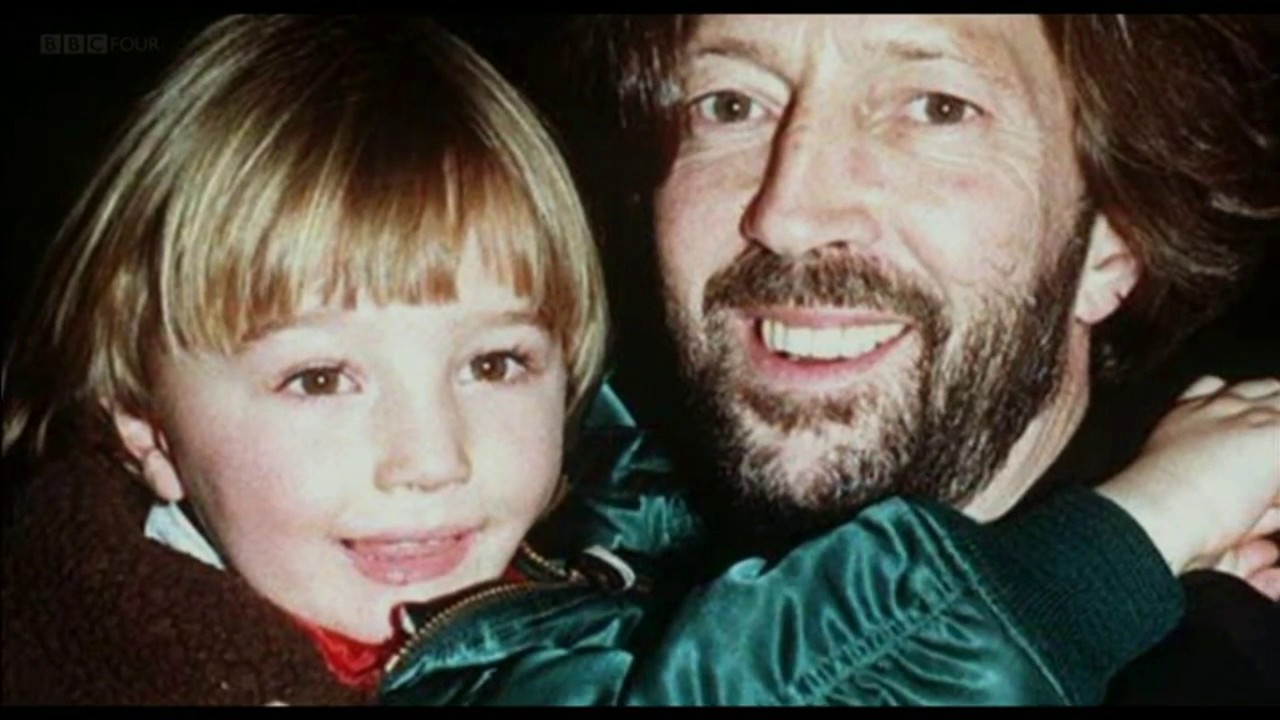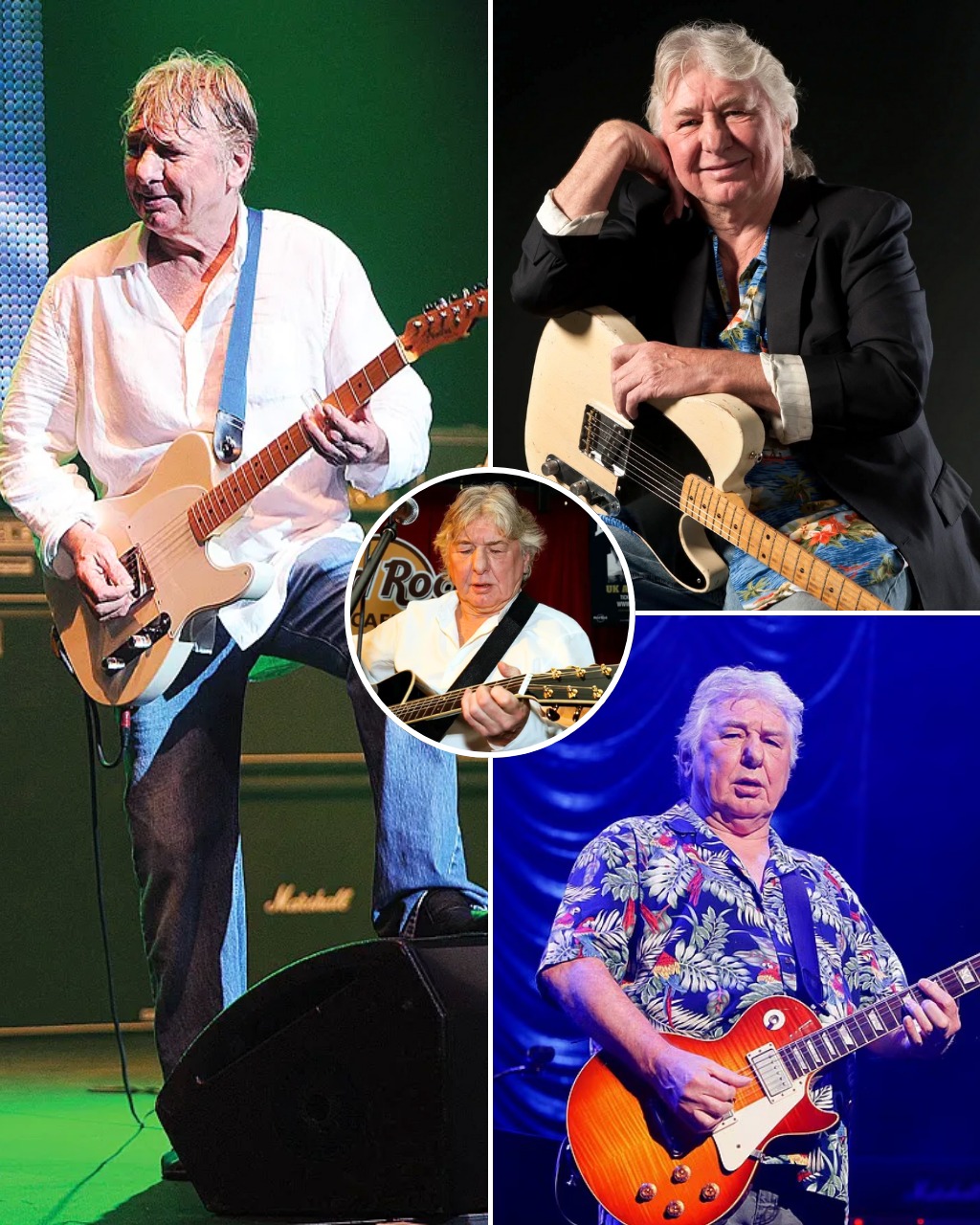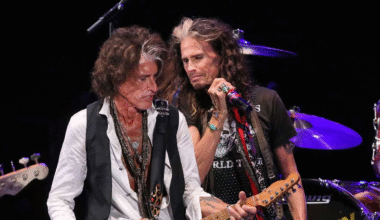There are songs that chart. There are songs that win Grammys. And then there are songs that hurt to listen to—not because of a bad melody or weak lyrics, but because they’re made of something real. Eric Clapton’s “Tears in Heaven” is one of those songs. It wasn’t just written. It was grieved into existence.
In 1991, Clapton’s four-year-old son, Conor, died after falling from the 53rd-floor window of a New York apartment. The story is almost too painful to repeat. A simple misstep. A moment of inattention. A child chasing a balloon or running toward sunlight. What followed was an absence so massive that even Clapton’s legendary guitar couldn’t fill it.
Until he wrote “Tears in Heaven.”
The song appeared on the soundtrack to the film Rush in 1991 and later on Clapton’s Unplugged album in 1992. It became a massive hit, winning three Grammys in 1993. But no award could measure the emotional weight carried in those lyrics.
“Would you know my name, if I saw you in heaven? Would it be the same, if I saw you in heaven?”
Each line trembles with uncertainty. This isn’t just grief—this is the kind of loss that shatters theology. A father wondering if his son will still recognize him in the afterlife. If their bond can survive death.
The beauty of “Tears in Heaven” isn’t in its technical brilliance—though it’s musically elegant—it’s in the restraint. Clapton doesn’t scream or shred through his pain. He whispers it. He lets the sadness sit uncomfortably in the silence between notes. Even the guitar work, known for its clarity and precision, seems to falter slightly, as if Clapton himself can barely hold the melody together.
In interviews, Clapton said writing the song was part of his healing. “I almost subconsciously used music as a therapy,” he once told Rolling Stone. “I wrote to stop from going mad.”

He didn’t perform the song live for long. After several years, he retired it from his setlist, explaining that he didn’t feel he needed to revisit that pain so publicly anymore. “It’s very personal,” he said. “I don’t want to keep showing people my scars.”
But those scars made the song resonate with millions. Fans who had lost children. Parents who never got to say goodbye. Even people who had never experienced that kind of grief could feel the ache in Clapton’s voice. He gave shape to a kind of silence most of us don’t know how to express.
And it wasn’t just about Conor. The early ’90s were a period of reckoning for Clapton, who had spent decades battling addiction and inner demons. His son’s death brought clarity, if not peace. It marked a turning point, a sobering reset for a man who had lived most of his life inside the fog of fame and trauma.
When Clapton performed “Tears in Heaven” during his MTV Unplugged session, the entire room seemed to lean in. It wasn’t flashy or performative. It was raw, subdued, and painfully sincere. You could hear the difference in how the audience clapped—less like fans, more like mourners unsure if applause was even appropriate.

This performance turned the song into something larger than Clapton’s personal story. It became a touchstone for anyone who’s lost someone too soon. A musical language for unspeakable grief. And in that sense, Clapton did what great artists do: he took his private sorrow and made it a mirror for others.
Years later, when asked about the song, Clapton expressed mixed feelings. Gratitude for how it connected with people, but also relief that he no longer needed to perform it. “That song has served its purpose,” he told The Telegraph. “It was a way of coping. But now, I can let it go.”
Still, we can’t. Not really. “Tears in Heaven” isn’t just a sad song. It’s a sacred one. Not because of who wrote it, but because of what it cost to bring into the world. It reminds us that sometimes, the greatest acts of creation are born not from joy, but from unbearable loss.
And maybe that’s why it still hurts to hear. Because it reminds us that behind every legend is a person. And behind every note, a story that may have broken them first.





